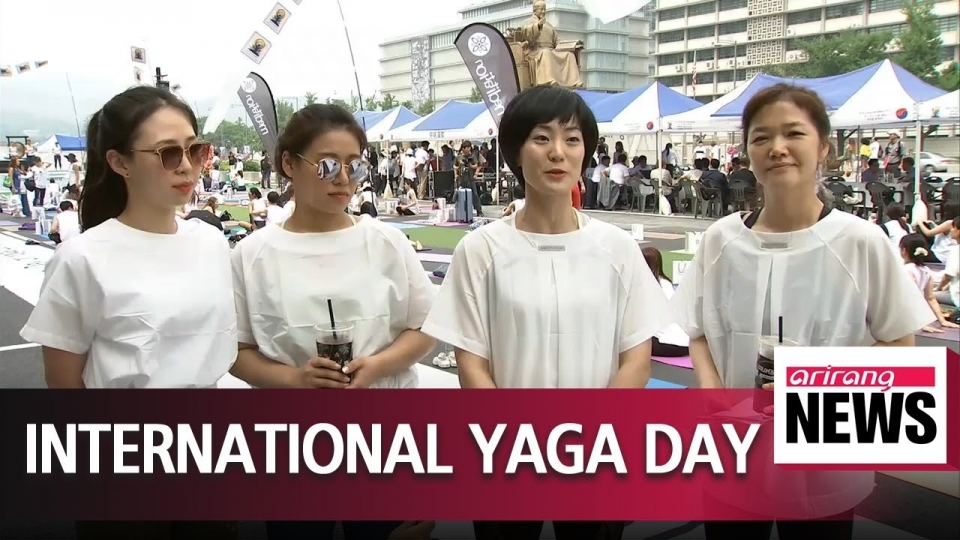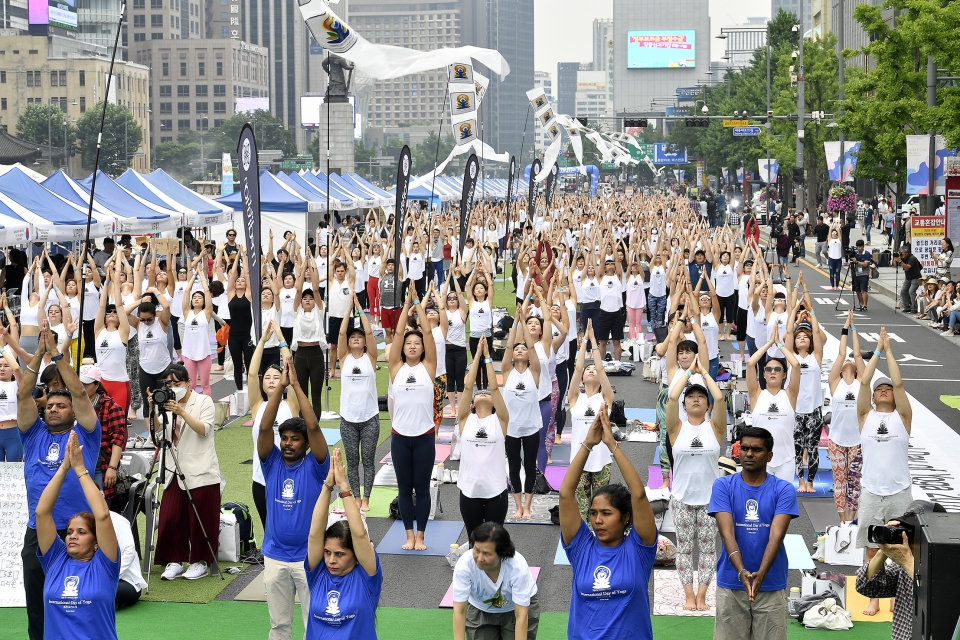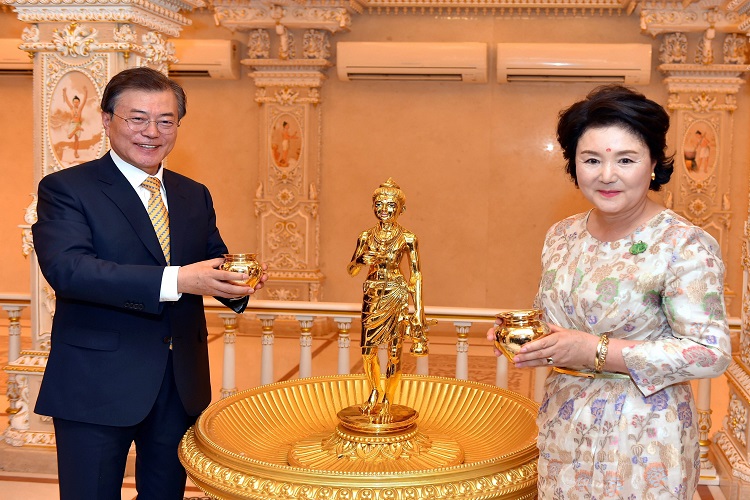
The Rise of Hinduism in Korea
Korea has traditionally been home to indigenous religious practices such as Shamanism and Buddhism. However, in the past few decades, Koreans have had a notable surge of interest in Hinduism. The roots of this rise can be traced back to various factors, including increased globalization, the influence of Indian culture through media, and the advent of the Internet.
Korean popular culture, known as the “Hallyu” or the Korean Wave, has played a significant role in introducing Hinduism Korean population. Korean dramas, movies, and music often incorporate Hindu philosophy, symbolism, and mythology, sparking curiosity and interest among viewers. This exposure has led to the adoption of Hindu practices yoga, and Ayurveda which have gained popularity among spiritual and physical well-being.


Furthermore, the internet and social media platforms have provided a platform for cultural exchange, enabling Koreans to access information about Hinduism and interact with the global Hindu community. Online communities and forums have facilitated discussions on Hindu philosophy, rituals, and practices, fostering a sense of belonging and connection among Koreans interested in exploring this ancient religion.
There are many Hindu temples in the Seoul region, like the Sri Radha Shyamasundar Mandir and Sri Sri Radha Krishna temple, located on Seoul’s outskirts, approximately 2 hours from the city center. South Korea is home to a small number of ex-pats, including students and engineers, from countries such as India and Nepal many of whom are Hindu. Yoga has also gained increasing popularity in recent years.
Sri Radha Shyamasundar mandir is open daily, at specific times in the morning and evening. The temple offers various services to the mostly ex-pat Hindu community, including children’s classes, religious courses, festivals, ceremonies, such as weddings, and groceries for vegetarians.
Though South Korea is mostly secular and Christian, the range of religious beliefs displayed is quite broad. While Korean Shamanism shares some similarities with Hinduism, most religious people adhere to either Buddhism or Christianity, and there remains a strong Confucian presence.
Religions
The cultural and religious interconnections between India and Korea have gained attention in recent years, exemplified by the rise of Hinduism in Korea and the 12th President of South Korea Moon Jae-in's visit to Swaminarayan Akshardham in New Delhi. These events highlight the profound influence of global connectivity and the power of cultural exchange in shaping societies and fostering mutual understanding.

The Rath Yatra, a Hindu festival celebrating the divine chariot journey of Lord Jagannath, was organized by Seoul Sanatan Temple on the banks of the renowned Han River in Seoul. This marked the first time the festival was celebrated in Korea, showcasing the growing interest in Hindu traditions and practices within the country.
President Moon Jae-in's official state trip to India commenced with a visit to the magnificent Swaminarayan Akshardham in Delhi. Accompanied by the South Korean First Lady, Mrs. Kim Jung-sook, President Moon experienced the timeless beauty, borderless culture, and enduring values of India at this architectural marvel.
President Moon also had the opportunity to witness the Gajendra Pithika, an Elephant Plinth adorned with 148 lifelike carved stone elephants. These sculptures symbolize messages of social harmony, peace, and spirituality, further emphasizing the shared values between India and Korea.
President Moon's visit to Swaminarayan Akshardham and his words of admiration underscored the commonalities shared by India and Korea, transcending their cultural differences. Both nations prioritize values such as peace, harmony, and unity in diversity, fostering a deeper understanding and appreciation of each other's heritage.

The rise of Hinduism in South Korea reflects the global trend of increasing cultural openness and curiosity. The influence of Bollywood, the popularity of Yoga, and the pursuit of Academic knowledge have all contributed to the growing interest in Hinduism among South Koreans. This phenomenon has not only led to the adoption of Hindu practices but has also facilitated cultural exchange between India and South Korea. As the trend continues, it remains to be seen how Hinduism will evolve and shape the cultural landscape, and society, of South Korea in the few years.


